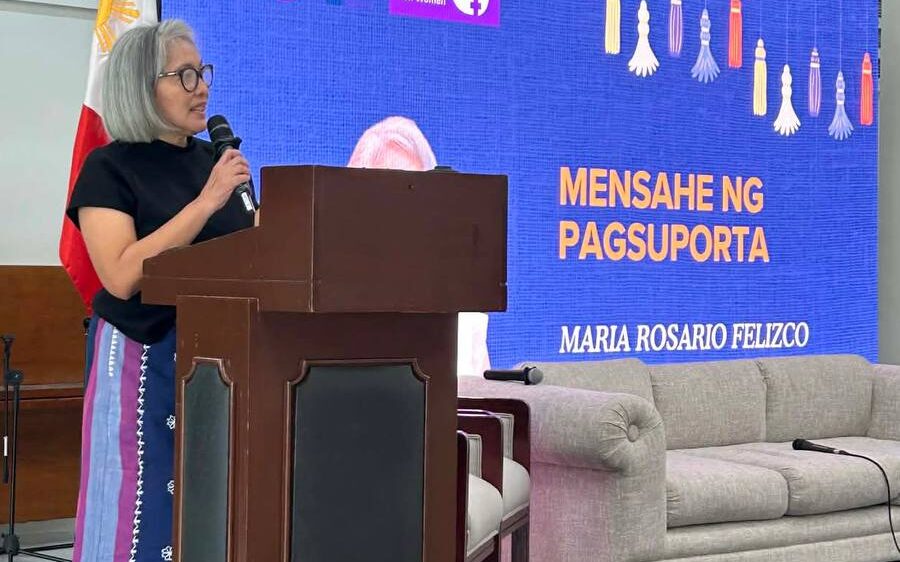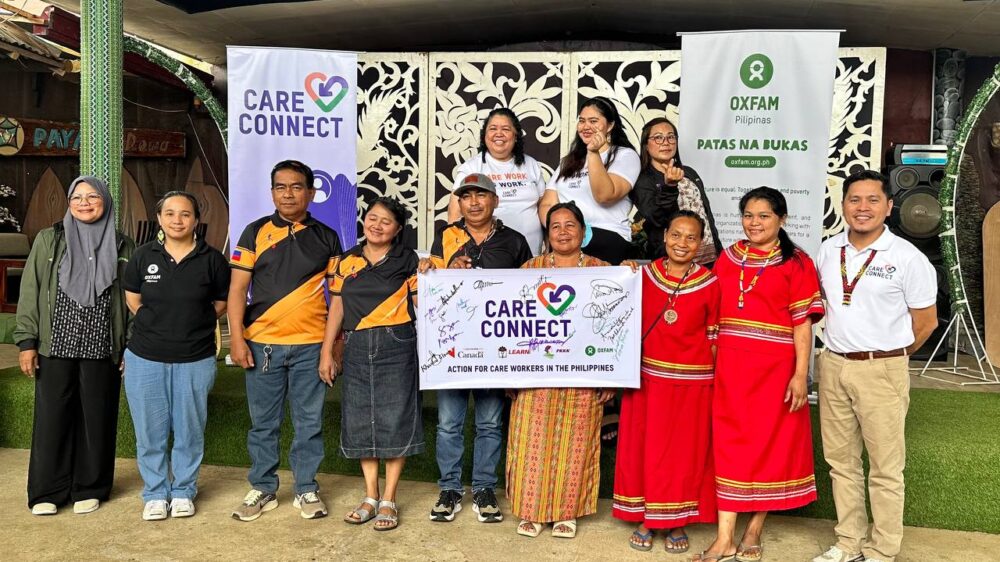This article was originally written by Joedie Mae Boliver for Philippine Information Agency last 08 March 2023 as part of Oxfam Pilipinas’ Journalism Story Grant on Gender Issues in the Philippines: https://pia.gov.ph/features/2023/03/08/rethinking-towards-an-improved-gender-based-violence-effort-in-a-post-pandemic-world
QUEZON CITY, Mar 8 – During the COVID-19 pandemic, gender-based violence (GBV) cases have increased which worsened the pre-existing inequalities globally.
As the world is now delving into the post-pandemic era, how have we improved the systems towards GBV efforts through government initiatives or programs in the Philippines?
The Philippines is considered one of the most affected countries in ASEAN during the pandemic. The country is also among the top countries with the longest COVID-19 lockdown restrictions that greatly affected the economic and social situation.
In a UN Women briefer, Filipino women and girls are more vulnerable to GBV since the victims/survivors are trapped in a household with abusive family members and perpetrators due to the community quarantine restrictions.
At the same time, the UN Women cited that the restrictions “reduced the ability of women to seek assistance or access to alternative shelter”.
Other barriers to GBV such as lack of access and information to reporting desks and support services as well as unsafe conditions towards acts of violence committed by partners or relatives have been the concerns of the respondents in the Oxfam Pilipinas study.
The Philippine Commission on Women (PCW) noted that despite the decrease in Violence Against Women (VAW) cases in the Philippine National Police (PNP) report, there has been an increase in VAW-related complaints received through the VAW referral service.
As we recognize the problems relating to GBV during COVID-19, how is the government working towards improving the system?
Reporting systems and service hotlines
Although VAW reporting and service hotlines are published online through social media and websites of the corresponding government offices, these hotlines are often inaccessible or outdated.
Published hotlines for VAW reporting are simply hard to use during emergencies due to the long phone numbers or not reliable for prompt responses, the Asia Foundation revealed.
Recent progress has been made by the government as they are now accepting GBV/VAWC-related calls in the 911 emergency hotlines.
A joint memorandum was signed by the interior department, justice department, and social welfare department for the inclusion of GBV/VAWC cases in emergency hotlines to have more effective and accessible reporting mechanisms.
Emergency telecommunicators were also trained to handle VAWC and GBV cases through gender sensitivity training provided to them.
GBV/VAWC support services of the local government units
The importance of local government units’ (LGUs) role in bringing services to the ground has been highlighted during the COVID-19 pandemic. LGUs are considered the frontline service providers.
LGUs are continuously working on their initiatives toward improving support services for GBV/VAWC victims and survivors. For instance, the temporary shelter for victims and survivors of GBV called Bahay Kanlungan was rehabilitated by Quezon City local government to adapt to the needs of the localities in terms of assistance like medical, legal, or counseling.
Awareness campaign on GBV/VAWC
The PCW has launched the VAW Survivor Stories where interviews with victims/survivors have been put in a documentary. These series of documentaries are a venue for victims/survivors to share their own narratives and experiences.
The Commission also conducted a VAW Social Experiment to see the public’s perception towards VAW. The social experiment had shown results on how the public reacts or interferes in these scenarios.
Most people feared the perpetrator or did not want to interfere. This is the common reason why they did not interact in the scene while those who rescued the victim thought of confronting the perpetrator.
As we have fewer mobility restrictions now compared to the COVID-19 period, this kind of initiative can draw insights and understanding towards VAW happening in public places to know how to be able to address it.
A significant reduction in GBV and enhanced gender perspective in justice, security, and peace is one of the strategic goals of the Gender Equality and Women Empowerment (GEWE) Plan 2019-2025.
The government is ensuring that victims/survivors of violence are being protected and given sufficient support toward a safe and equal society, especially now in the new normal.
As we celebrate National Women’s Month (NWM), this year’s theme “WE for gender equality and inclusive society” recognizes the country’s achievements in closing gender gaps as well as efforts towards Gender Equality and Women Empowerment.
(JMB/PIA-IDPD with support from Oxfam Pilipinas)



